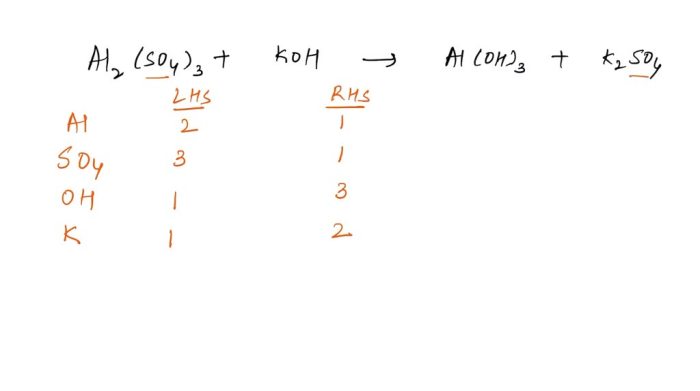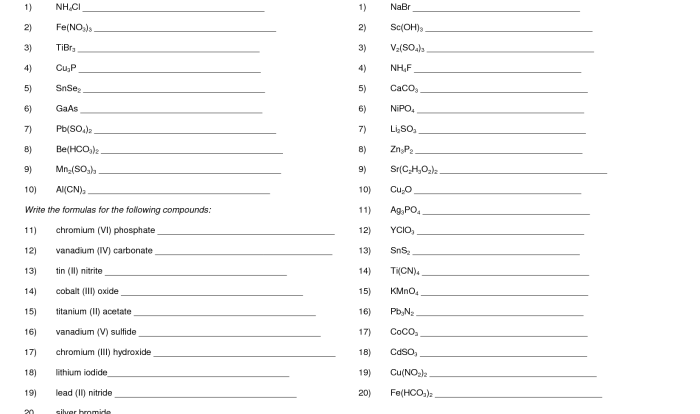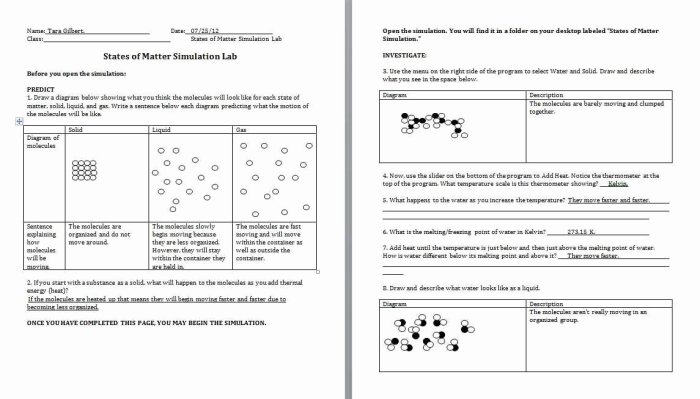The Empirical Formula Worksheet with Answers is an invaluable resource for students and professionals in chemistry, providing a comprehensive guide to understanding and calculating empirical formulas. This worksheet offers step-by-step instructions, sample problems, and detailed explanations, making it an essential tool for mastering this fundamental concept.
Empirical formulas provide a simplified representation of a compound’s composition, indicating the relative proportions of its constituent elements. They are crucial for various chemical calculations and play a significant role in understanding chemical reactions and material properties.
1. Introduction
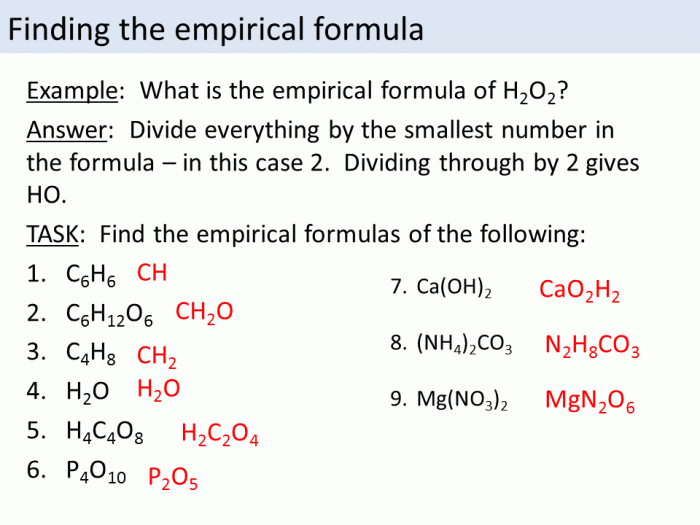
An empirical formula represents the simplest whole-number ratio of atoms or elements present in a compound. It provides crucial information about the compound’s composition, making it a valuable tool in chemistry. Empirical formula worksheets are designed to guide students through the process of calculating empirical formulas for various compounds.
Empirical formula worksheets help students develop their understanding of chemical composition and the relationships between elements in compounds. They provide a structured approach to solving empirical formula problems and reinforce the concepts of mole ratios and mass percentages.
2. Understanding Empirical Formula Calculations: Empirical Formula Worksheet With Answers
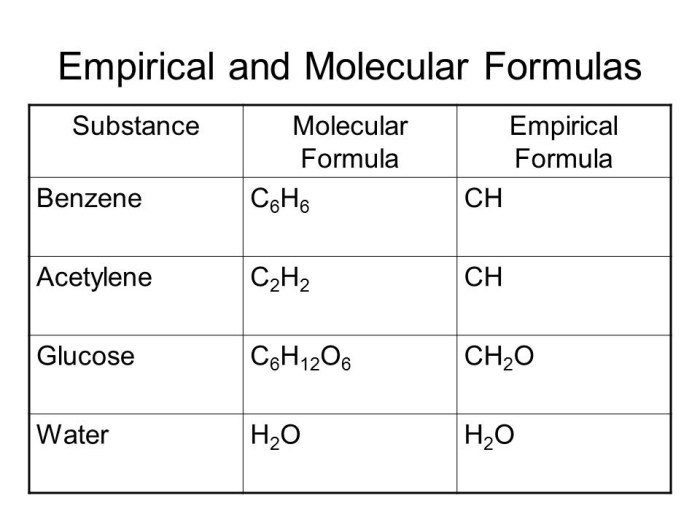
Calculating empirical formulas involves several steps:
- Determine the mass of each element in the compound.
- Convert the mass of each element to moles using its molar mass.
- Find the mole ratio of each element by dividing the number of moles by the smallest number of moles.
- Simplify the mole ratio to whole numbers by multiplying or dividing by a common factor.
Empirical formula worksheets often provide guidance on these steps, making it easier for students to follow the process and understand the underlying concepts.
3. Worksheet Examples
Empirical formula worksheets typically include sample problems with step-by-step calculations. These examples demonstrate the application of the empirical formula calculation process to various compounds.
For instance, a worksheet may provide a sample compound with a given mass and ask students to calculate its empirical formula. The worksheet would guide students through the steps of converting mass to moles, finding mole ratios, and simplifying to whole numbers.
4. Types of Empirical Formula Worksheets
Different types of empirical formula worksheets are available, each with its own purpose and benefits:
- Guided Worksheets:Provide detailed instructions and examples to guide students through the calculation process.
- Practice Worksheets:Offer a set of problems for students to solve independently, allowing them to practice and reinforce their understanding.
- Challenge Worksheets:Present more complex problems that require students to apply their knowledge and problem-solving skills.
The choice of worksheet type depends on the level of student knowledge and the desired learning objectives.
5. Using Empirical Formula Worksheets Effectively
To effectively use empirical formula worksheets, students should:
- Read the instructions carefully and understand the steps involved.
- Show all their work and calculations clearly.
- Check their answers by verifying that the mole ratios simplify to whole numbers.
- Seek help from their instructor or peers if they encounter difficulties.
By following these tips, students can maximize the benefits of using empirical formula worksheets and enhance their understanding of chemical composition.
6. Applications of Empirical Formulas

Empirical formulas have practical applications in various fields, including:
- Chemistry:Determining the composition of compounds, balancing chemical equations, and understanding chemical reactions.
- Materials Science:Identifying the elemental composition of materials and predicting their properties.
- Environmental Science:Analyzing the composition of pollutants and monitoring environmental changes.
Empirical formulas provide valuable information that contributes to our understanding of the composition and behavior of matter.
7. Resources and References
Additional resources and references for further learning about empirical formulas:
- Khan Academy: Empirical and Molecular Formulas
- ThoughtCo: How to Find the Empirical Formula of a Compound
- LibreTexts: Empirical and Molecular Formulas
Quick FAQs
What is the purpose of an empirical formula worksheet?
An empirical formula worksheet provides a structured approach to calculating and understanding empirical formulas, which represent the relative proportions of elements in a compound.
How do I use an empirical formula worksheet?
Follow the step-by-step instructions provided in the worksheet, which typically involve determining the mass percentages of each element, converting them to moles, and finding the simplest whole-number ratio.
What types of empirical formula worksheets are available?
There are various types of empirical formula worksheets, including basic worksheets for beginners, advanced worksheets with complex compounds, and worksheets with practice problems and solutions.
